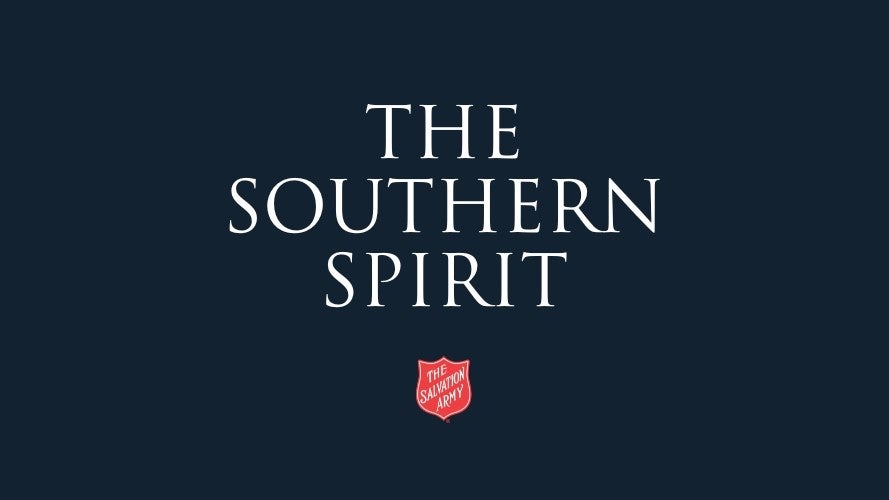A Holy Mandate

While we should never portray the walk of holiness as a laborious venture, no one ever promised the road of obedient surrender would be easy. If such promises have come your way, the bearer of such good news is out of sync with the experiences of most Christians.
When opposing wills collide — our will versus God’s — we sometimes suffer the burden of the battle and bear the scars to prove it. It would be difficult for the reasonable Christian to deny the reality of spiritual conflict. Trying to keep our feet on sinless ground is a tricky proposition. More than a few well-intentioned preachers of the day would have us believe that our redeemed hearts will rise and hover above the malaise of the spiritual battlefield, but even while perched high above the fray, the smoke of combat can still cause our eyes to water.
So it is with holiness. We still must coexist within the confines and limitations of a free-will world. The wise believer sets his heart on things above with an eye toward perfection, a perfection ultimately attained by the righteous in heaven, not on this blue and green ball of flawed humanity we call home.
What a relief to know that we cannot be perfect! You can thank me later for lifting that weight from your failure-burdened shoulders. But before you run into the streets proclaiming your new-found freedom to be imperfect, let’s clarify some things. One of the favorite tricks of the tempter is to convince us that since we are flawed in the first place, we should find comfort in our fallibility. He says to us, “You were born this way, why not do what comes naturally?” Such is the mindset of many stumbling Christians, believers who are content to live under the rule of their sinful nature. They wonder why they continue to fall, lag behind, and keep pushing the Sisyphus stone up the mountain only to have it crush them as it rolls back down. God did not intend for us to live this way.
Oswald Chambers said that we should sacrifice the natural for the sake of the spiritual. Paul reminded the Roman Christians of their obligation to live in the power and possession of the Spirit, and in doing so made clear the mandate of surrendering our will. In the case of the Romans, Paul spoke of sacrificing that which is hostile toward God (our nature) and replacing it with the nature of the Spirit. In doing so, our rebellious self is transformed, and we commence the journey toward true godliness. What was once dead in sin is made alive again and refit for godly purposes.
This is the power of God, that our free will can be so embraced and changed by the touch of the Spirit that the waywardness of our defiant nature is brought into conformity with the nature and will of God. In the power of such possession, the urge to sin is defeated by the desire to be truly righteous. To live a life fully controlled by the Spirit is to live a life of holiness. It is the ultimate paradox: to give my life to another to discover a greater freedom, the liberty to be what God always intended.
Let’s be clear. Holiness is the practical intent of salvation. Christ gave himself not only to justify us while we were yet in sin, but to deliver us from the very power of that sin and to present us sanctified, continually clean, and blameless before the Father — holy.